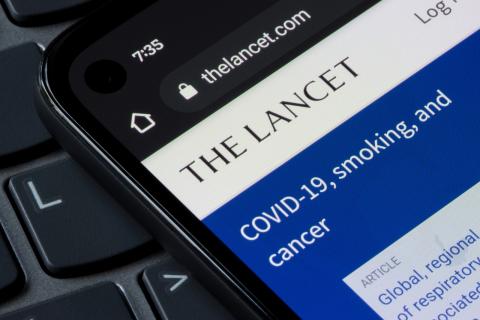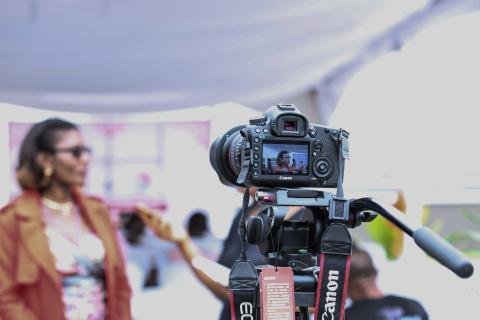Experts who collaborate as media sources should be aware that it is their responsibility to declare their potential conflicts of interest regarding the news they are commenting on. That is why SMC Spain has a conflict of interest policy, which we will update with input from registered scientists and journalists who wish to improve it.
Why do we have a conflict of interest policy?
SMC Spain's mission is to ensure that reporting on science, health and environmental issues is based on the best available evidence and knowledge, and to be as transparent as possible about the interests of the experts we work with.
We believe that, to do better science journalism, we need to listen to experts from across the scientific community, whether they are from a university, a scientific institution or a company. In this relationship between journalism and science professionals, based on mutual trust, it can happen that the interests or loyalties of a consultee may conflict, or be perceived to conflict, with their role as a news source in a story, so it is important that interests are openly declared.
Who must declare a conflict of interest?
All experts approached by SMC Spain for participation as media sources are asked to declare their interests before providing commentary to the news or participating in a briefing.
If no explicit declaration, either positive or negative, is received, it will be marked "no conflict of interest declared". If a declaration of interest is received and no interest is declared, "no conflict of interest" is indicated.
What should be declared?
Do you have any interests that might be seen by a third party as conflicting with your role as an independent expert in an investigation? These could include:
- Paid employment or self-employment.
- Grant funding.
- Appointments.
- Membership of professional bodies, charities, voluntary organisations, lobbying organisations.
- Decision-making or advisory positions.
- Close personal or professional relationships with the authors of the research that may affect their objectivity in assessing the news.
- Other financial interests, both personal and those of your institution or the organisations to which you belong.
- Membership of the SMC Spain advisory board.
While it is always important to disclose all interests, whether real or perceived, expert sources should pay particular attention when the subject matter is controversial.
What to do if there are doubts about declaring a conflict of interest?
If in doubt, state. The key is to ask yourself: "Are there any circumstances in which this interest could prejudice or influence the objectivity of my assessments or could reasonably be perceived as such? If the answer is "yes", you must declare the conflict of interest. It is always better to be transparent.
What about past conflicts of interest?
Current interests are the most important, but past interests may still have implications long after the fact. Experts should use their own common sense about past interests that may still be considered relevant.
What about close personal or professional relationships?
Sometimes experts value the work of a colleague, collaborator or personal contact. This does not automatically constitute a conflict of interest, but should be considered for inclusion in the declaration.
How are conflicts of interest registered?
SMC Spain will request a new statement each time it addresses an expert. These will be made available to journalists together with the reactions or before a briefing.
Shall we check the veracity of these statements?
At SMC Spain we accept conflict of interest statements based on trust with our sources and will only challenge a statement if we believe something material has been omitted.




